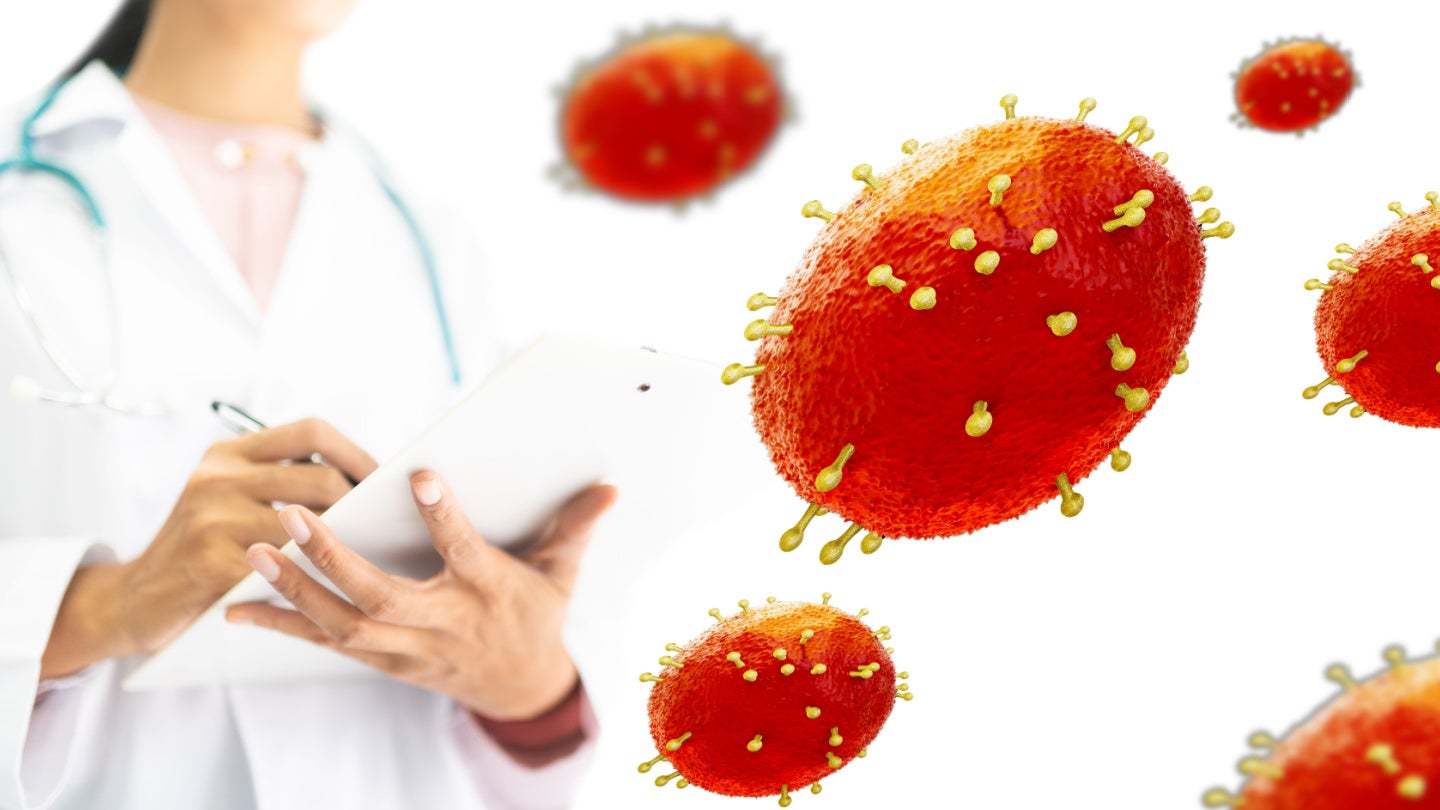
The Poltava Regional Clinical Hospital in Ukraine has opened its new infection prevention and control (IPC) centre, with support from the World Health Organization (WHO), to minimise the risk of hospital-acquired infections.
In collaboration with the WHO’s Ukraine-based office, the hospital has been working to enhance IPC practices, including hand hygiene training and the establishment of the IPC centre.
The WHO has provided support such as training, procuring hand sanitisers, and donating endoscope reprocessing equipment.
All healthcare workers at the hospital, from surgeons to anaesthetists, took part in the training.
WHO Ukraine representative Dr Jarno Habicht said: “WHO stays committed to supporting healthcare facilities in their IPC practices to ensure quality of care and patients’ and health workers’ safety.
“It is invaluable to see local capacity growing and local initiatives arising with our contribution.”
How well do you really know your competitors?
Access the most comprehensive Company Profiles on the market, powered by GlobalData. Save hours of research. Gain competitive edge.

Thank you!
Your download email will arrive shortly
Not ready to buy yet? Download a free sample
We are confident about the unique quality of our Company Profiles. However, we want you to make the most beneficial decision for your business, so we offer a free sample that you can download by submitting the below form
By GlobalDataThe IPC centre is the first in Ukraine and includes a healthcare-associated infection unit, a bacteriological laboratory and a central sterilisation department.
This initiative was made possible through financial support from the European Union and the WHO’s health system development initiative in Ukraine.
Epidemiologist Vita Postolnyk said: “It takes around 20 minutes for one person to be examined, and the more people come, the more they could be endangered if endoscopes are not reprocessed properly.
“Now, as WHO supplied us with disinfection machines, the safety of our patients is ensured.”







